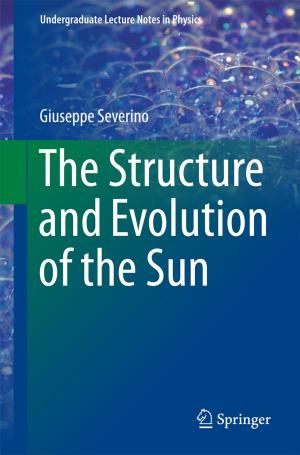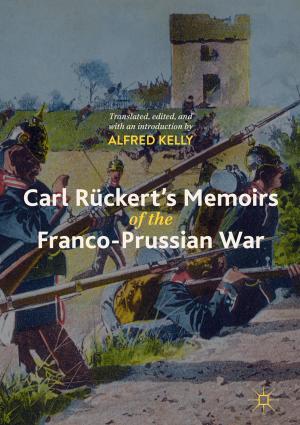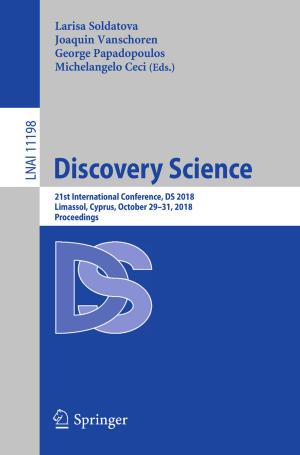| Author: | Keith Harrison | ISBN: | 9783319597430 |
| Publisher: | Springer International Publishing | Publication: | August 16, 2017 |
| Imprint: | Palgrave Macmillan | Language: | English |
| Author: | Keith Harrison |
| ISBN: | 9783319597430 |
| Publisher: | Springer International Publishing |
| Publication: | August 16, 2017 |
| Imprint: | Palgrave Macmillan |
| Language: | English |
This book explores how Bakhtin’s ideas can illuminate the compelling but uneasy fusion of Shakespeare and cinema. With a wide variety of tones, languages, cultural orientations, and thematic concerns, film directors have updated, translated, transposed, fragmented, parodied, and geographically re-situated Shakespeare. Keith Harrison illustrates how Bakhtin’s interlinked writings in various fields can fruitfully be applied to an understanding of how the ongoing responsiveness of filmmakers to Shakespeare’s historically remote words can shape self-expressive acts of co-authoring in another medium. Through the use of such Bakhtinian concepts as the chronotope, heteroglossia, the carnivalesque, and polyphony, Harrison details how filmmakers—faithful to their specific cultures, genders, geographies, and historical moments—dialogically locate their particularity through Shakespeare’s presence.
This book explores how Bakhtin’s ideas can illuminate the compelling but uneasy fusion of Shakespeare and cinema. With a wide variety of tones, languages, cultural orientations, and thematic concerns, film directors have updated, translated, transposed, fragmented, parodied, and geographically re-situated Shakespeare. Keith Harrison illustrates how Bakhtin’s interlinked writings in various fields can fruitfully be applied to an understanding of how the ongoing responsiveness of filmmakers to Shakespeare’s historically remote words can shape self-expressive acts of co-authoring in another medium. Through the use of such Bakhtinian concepts as the chronotope, heteroglossia, the carnivalesque, and polyphony, Harrison details how filmmakers—faithful to their specific cultures, genders, geographies, and historical moments—dialogically locate their particularity through Shakespeare’s presence.















